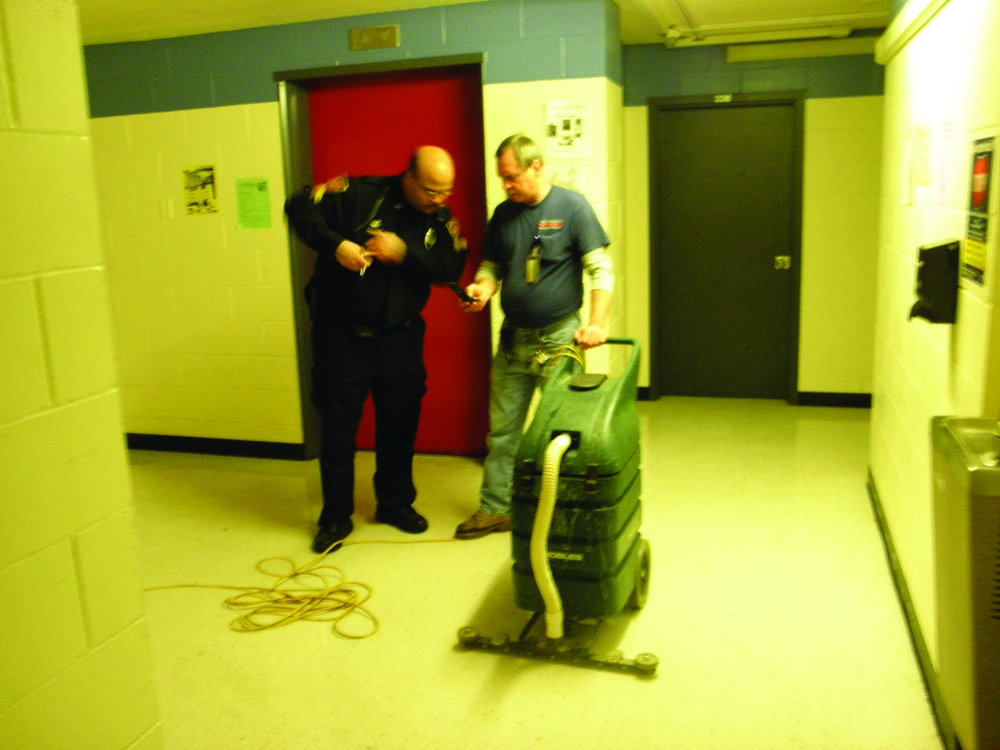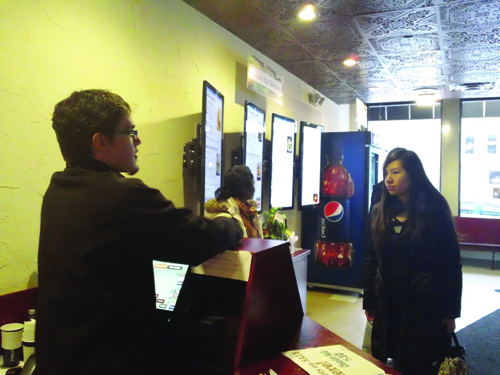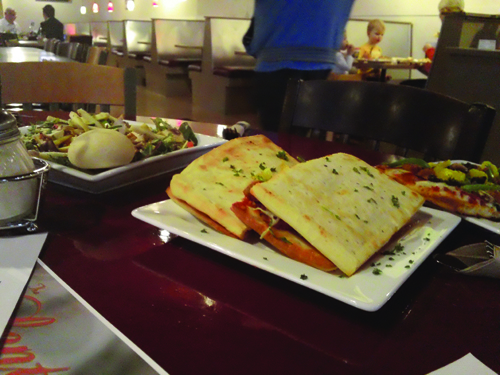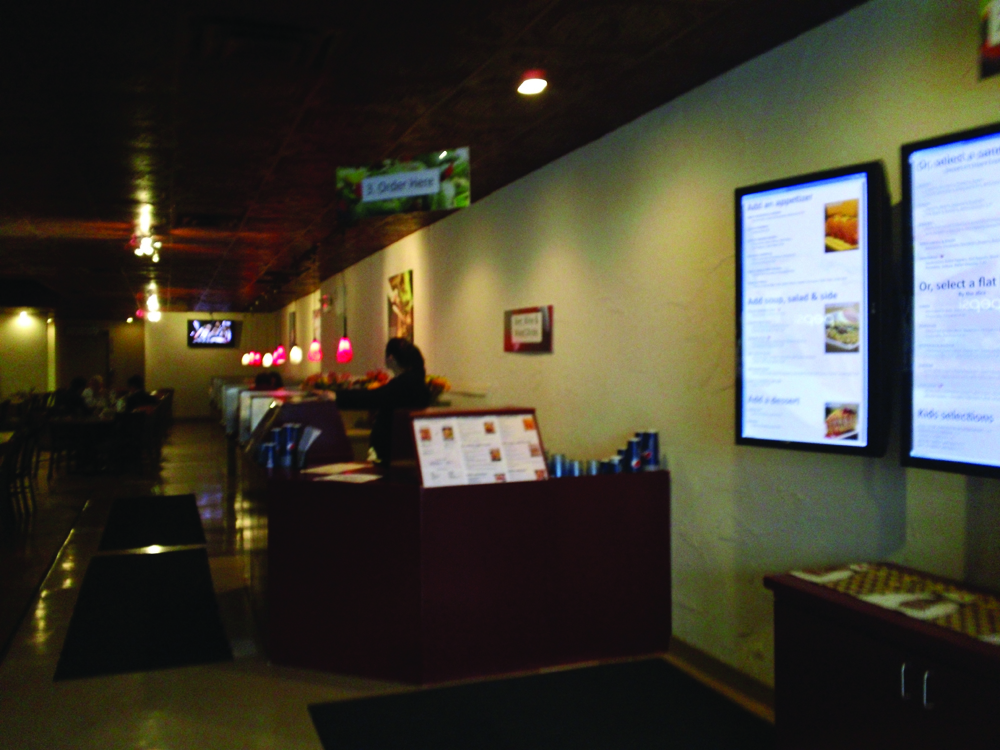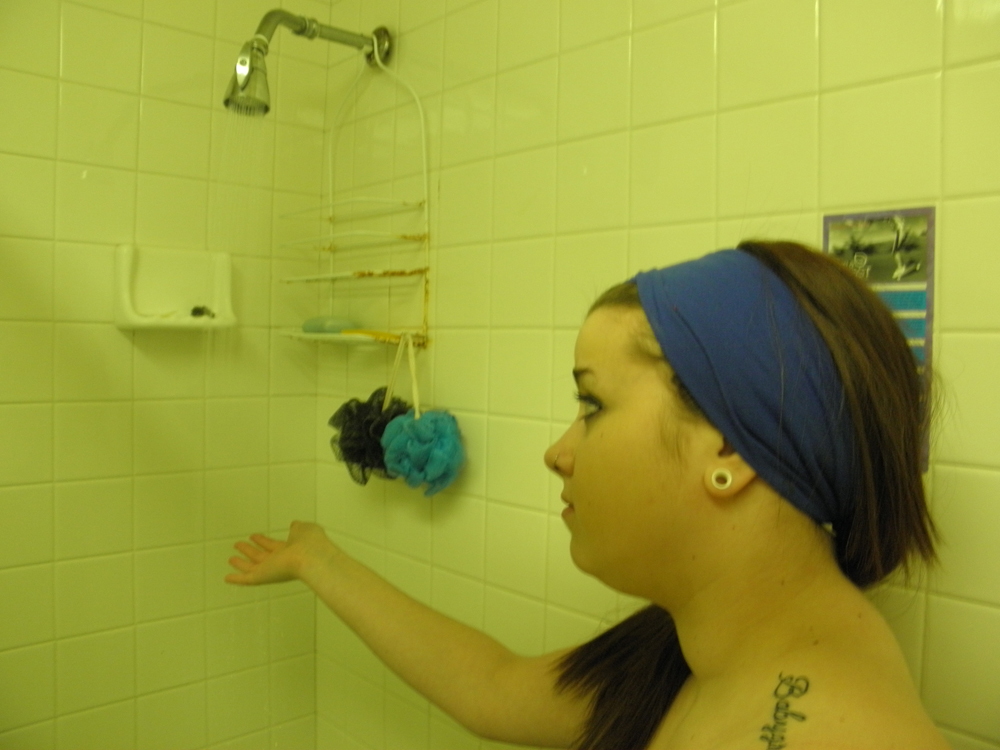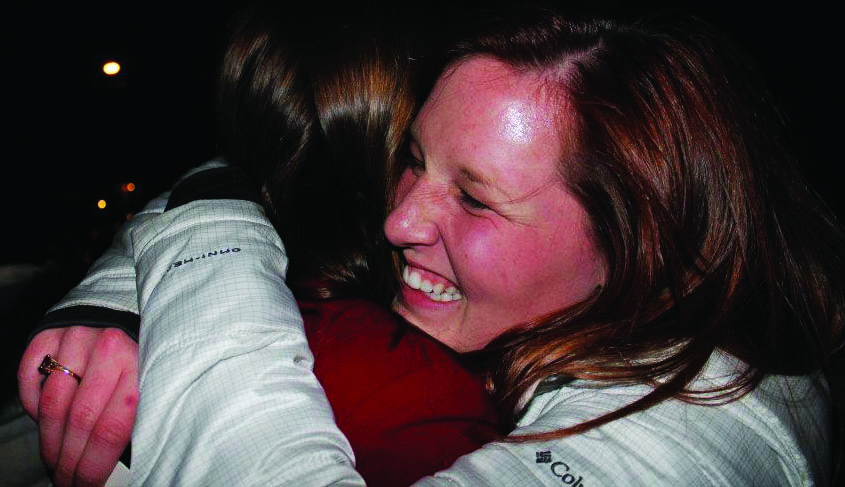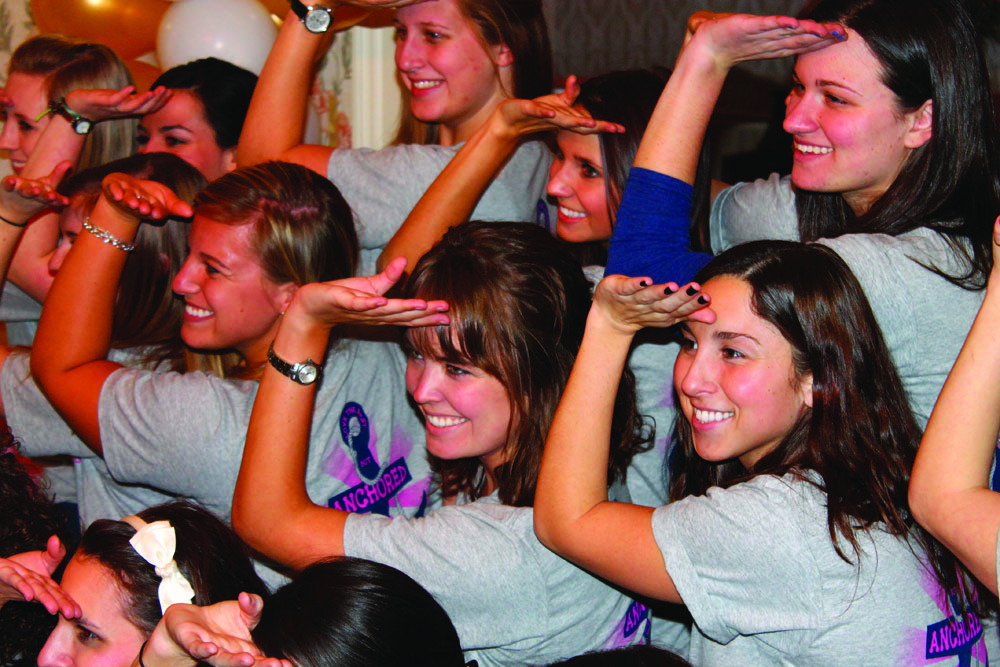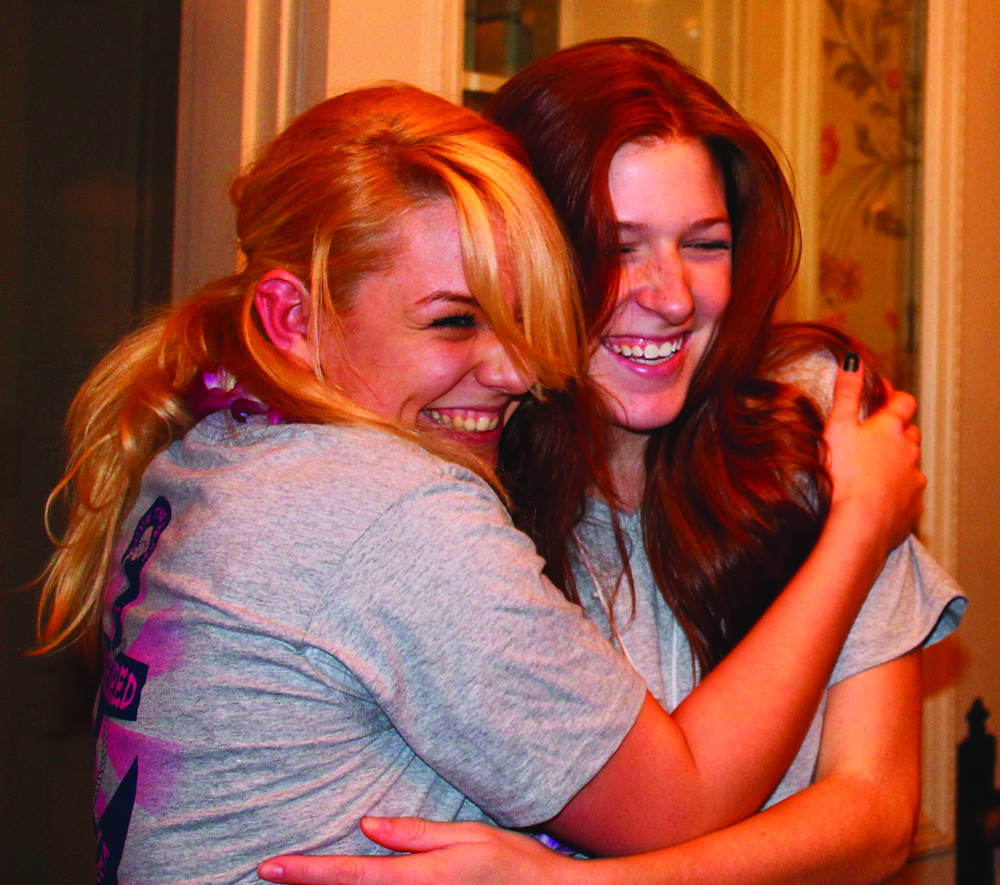The construction of a new fountain, a gift from the class of 1962, is underway and scheduled to be finished by the end of the semester.

The fountain is phase one of a JAYwalk renewal plan that is set to be completed within the next two to four years.
Anthony McGuire, president of the Wesleyan Council on Student Affairs, believes the fountain, as well as the JAYwalk renewal, will be a positive addition to future students’ experiences at OWU.
“The fountain will be a nice aesthetic addition to OWU’s campus,” McGuire said. “Especially after all of the overall JAYwalk improvements are completed over the next couple of years, I think we will have a completely new and exciting aspect to student life.”
The fountain was fully funded through a gift from the class of 1962 for their 50th class reunion, which is set to take place in May.
Junior Meredith Wholley said she wished the money had been spent on improving student life, not the JAYwalk.
“I think something like new computers in Beeghly Library would have been a wiser way to spend the Class of 1962’s gift,” Wholley said.
Craig Ullom, vice president for Student Affairs, believes this new water feature will be an enhancement to the JAYwalk.
“With 50 percent more paved space, we will increase the opportunities for programming,” Ullom said.
Student’s reactions to the fountain have been mixed; a Facebook event titled “MOVE THE FOUNTAIN” was created to allow students to voice their opinions.
Junior Amy Siemon believes the placement of the new fountain is inconvenient for current students.
“I think a more logical placement of the fountain would have been further down on the JAYwalk so it was not directly in front of the main entrances to Beeghly Library,” Siemon said.
McGuire said that although students’ initial reaction to the fountain was negative, when they were able to see the JAYwalk renewal plan in its entirety, the students’ opinions became more positive.

“There was a lot of miscommunication and plenty of misconceptions about the fountain when the project was first revealed,” McGuire said, “I also believe that once all Bishops get the chance to see the final product in the spring time, we will all come together and appreciate this wonderful campus improvement.”
The fountain itself will be approximately 15 inches deep and all piping and controls will be discrete and secure. OWU is working to ensure that the fountain can contain water for 10 months out of the year and that it retains a pleasing aesthetic even when empty in winter.
The width of the walkway between the fountain and Hamilton Williams Campus Center and Beeghly Library is significantly wider than the current JAYwalk leading to Sandusky street and Slocum hall, so pedestrian traffic should not feel squeezed on the new plaza.
McGuire also said that WCSA is working hard to open the lines of communication between the students and OWU in order to ensure the student’s opinions regarding the JAYwalk renewal are heard.
“I would definitely encourage anyone concerned about issues regarding the fountain or anything else to come talk to myself personally or one of their WCSA representatives,” McGuire said.
